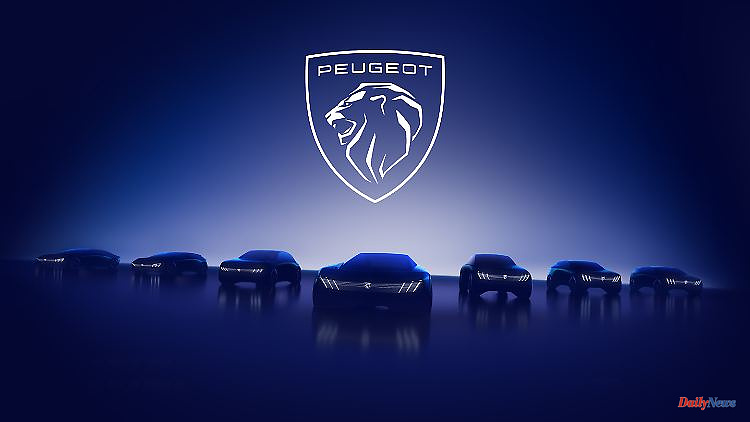From the year 2030, Peugeot wants to sell only purely electrically powered cars in Europe. The electric portfolio will soon be significantly expanded. The goal is: complete CO₂ neutrality by 2038. For the time being, however, several current Peugeot model series are still available with petrol engines.
Peugeot has presented a new sustainability strategy with the long-term goal of making the carmaker completely CO₂ neutral by 2038. On the product side, this project is flanked by an electric offensive. The French want to electrify all models this year, and from 2030 all Peugeots sold in Europe should be 100 percent electric.
The introduction of five exclusively battery-powered models is planned for the next two years. The 308 and 308 SW compact models will soon also be available with a pure electric drive. Both the e-308 and e-308 SW will have a 115 kW/156 hp front-wheel drive with a 54 kWh battery. Peugeot promises 12.7 kWh consumption and more than 400 kilometers WLTP range. The lion brand will also introduce the same drive in the short term in the smaller e-2008, which will then also offer a range of 400 kilometers.
In the second half of 2023, the French will also present the all-new e-3008, which will be based on the Stellantis STLA Medium platform. The French want to offer the new compact SUV in three drive variants, including a twin-engine all-wheel drive version. The e-3008 should allow a range of up to 700 kilometers. There are no performance specifications for the drive yet.
Shortly after the e-3008, the e-5008 and some time later the e-408 will follow on the same platform, for which Peugeot has not yet given any details about the drives.
For future BEV models, Peugeot promises a new design language and proportions, rethought interiors and functions, steer-by-wire steering and a new i-Cockpit generation to be introduced in 2026. The Stellantis brand has already shown some of these aspects of future electric models with the Inception concept car presented at the CES in early January.
For the time being, Peugeot will continue to offer the current model series 208, 2008, 308, 3008, 5008 and 408 with petrol engines. However, these will be converted to 48-volt mild hybrid technology and thus made more efficient. There is then a choice of two petrol engines with 73 kW/100 hp or 100 kW/136 hp, each coupled to an electrified dual-clutch six-speed transmission that integrates a 21 kW/28 hp electric motor. The technology should help to reduce consumption by 15 percent, and in city traffic a good half of the driving time can be purely electric.
In addition to more environmentally friendly drives, Peugeot also wants to integrate its cars more closely into a circular economy concept. Among other things, this provides for the increased use of recycled, recyclable and sustainably produced raw materials. Battery electric vehicles should also have significantly longer life cycles of 20 to 25 years.












